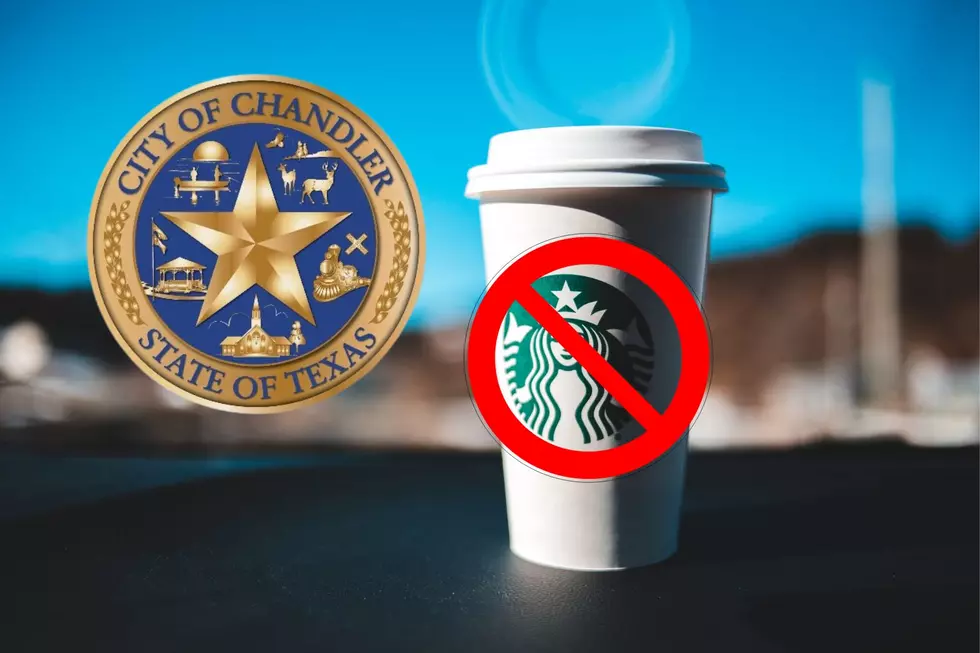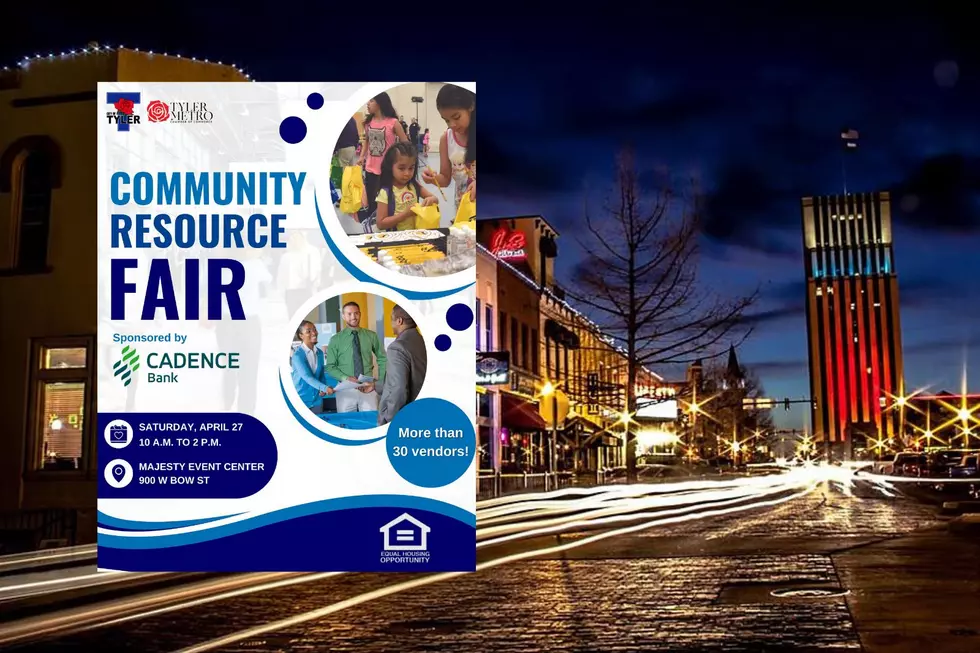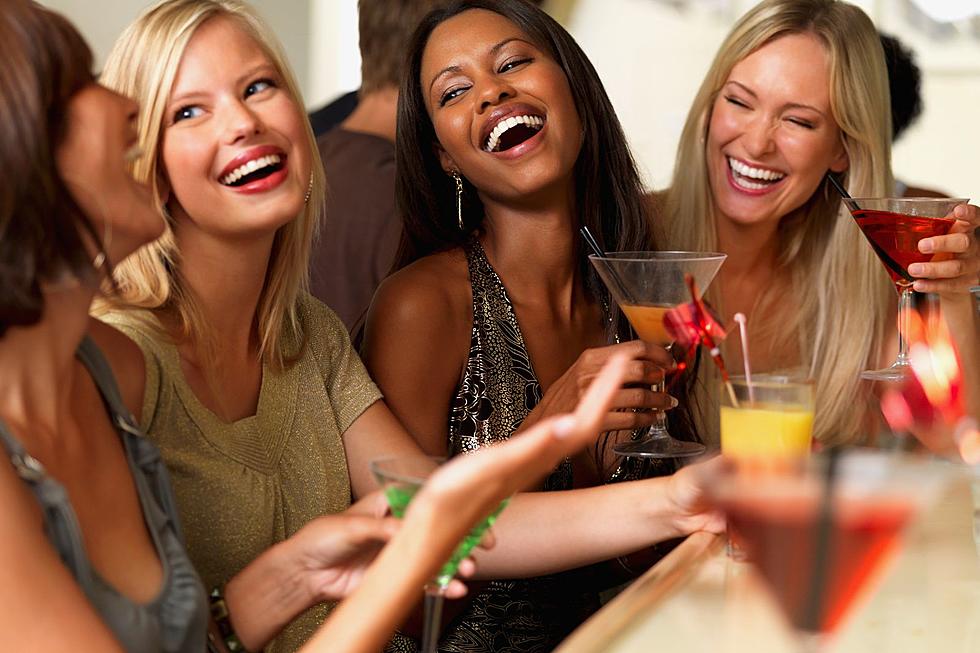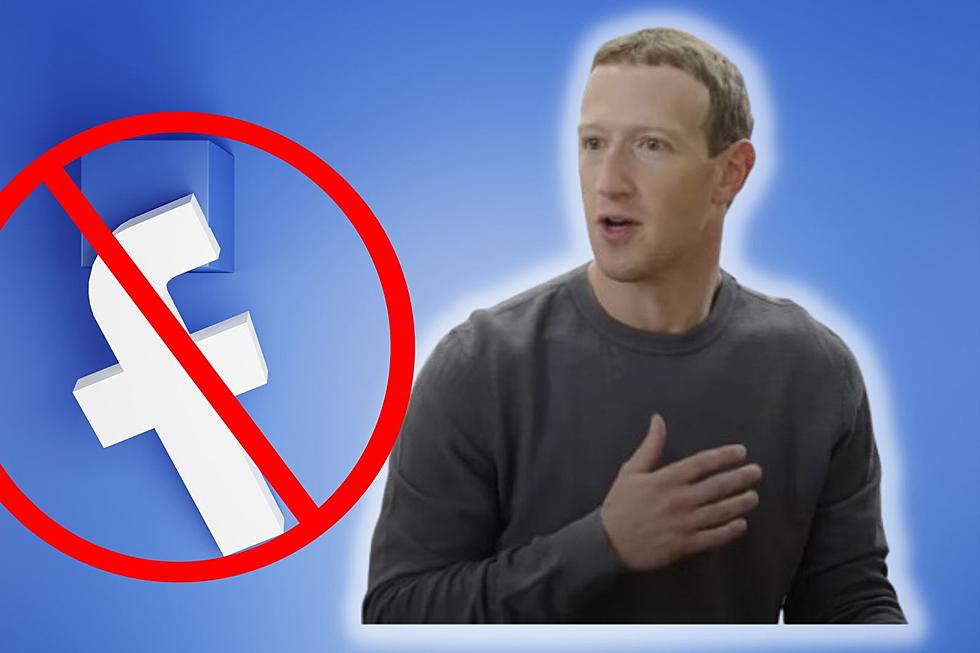
Why Are People “Meaner” On Social Media?
A few weeks ago, I was perusing Twitter absentmindedly, when I noticed the comments seemed particularly scathing. I mean, it's always a bit chaotic--it's usually the place where us regular folk can watch the celebrities that we follow "yell" at one another about whatever is trending. I remember being thankful to just to close the app, and move on with my semi-calm existence.
This COVID-19 pandemic has meant people have been spending much more time on social media. It typically all "far away" from East Texas. Although perhaps less so now.

From there I opened another social media outlet, expecting to see pictures of what people had for dinner, or someone's kiddo who won an award at the little league banquet, or of course, cat pictures--all of which I actually really enjoy.
However, I ran across one particular friend's post that had offended another friend of mine and let me just say--the gloves had come off. The back and forth slinging of insults was a bit shocking, especially when the post itself had seemed not particularly controversial. So, reading their digital argument was a bit unsettling. I know these two people. They are both good-natured and love their families and community. So what happened? I truly believe that had they been sitting with one another over dinner and this same issue had come up, there is no way the argument would've escalated to such a venomous level. And these two are real-life friends. What about those whom we've never met?
Jane Wakefield, a tech reporter for the BBC, compared the internet to "a kind of digital-fueled alcohol, freeing us to say things to strangers that we would never dare to say if we met them." So, what is it about social media that seems to make it okay to hit "below the belt" in a way we would never do in person?
David Meagher, author of The A to Z of Modern Manners, address some of the awkward social media debacles that have become part of our everyday lives. In an interview with ABC News Breakfast he said "the thing about social media is often people hide behind the anonymity of it ... people say and do things they wouldn't in normal life."
He shared his concern that the "meanness" of social media exchanges may be seeping into our actual human interactions. Tragically, you and I both know this is happening in the lives of our kids. If you're old enough, you remember a time when, even if you were bullied at school, you could go home at the end of the day and be done with it--at least temporarily. Our kids today? They never escape the onslaught. Where are those online bullies learning this behavior? Perhaps from other kids. But. As adults, it is up to us to make sure we are modelling and enforcing the behavior we want our kids to emulate.
To be clear, I love social media. It has connected us to each other and to knowledge in ways we've never known. However, just like with any tool we need to learn to use it properly. Let me share Meagher's social media guide he includes in his book, which we found at abc.net.
My thoughts? A good deterrent may be remembering that behind the digital avatar is a living, breathing human being who, like you and me, has opinions and emotions, and wants the opportunity to share those thoughts on a platform where he or she has a voice. (Internet trolls aside, although they're people, too. I think.) Perhaps a modernized Golden Rule may be useful: "Tweet unto others as you'd have them tweet unto you."
So, your thoughts? How do you handle this? I would love to get your feedback on this in the comments below.
Nine Stress-Relieving Ways To Spend Your Time During a Quarantine
More From KKTX FM









